What is fatigue?
Fatigue is more than feeling sleepy, tired and drowsy – it harms workers’ health and reduces their ability to work safely. Fatigue impacts:
- physical abilities like coordination, strength and reaction time
- mental and cognitive abilities like decision making and concentration
- emotional abilities like engaging with others or managing anger and frustration.
Fatigue can develop over the short or long term.
How fatigue causes harm
Fatigue can harm workers’ physical and psychological health, contributing, for example, to the development of:
- heart disease
- musculoskeletal disorders
- diabetes
- high blood pressure
- gastrointestinal disorders
- reduced fertility
- anxiety
- depression
- aggravation of existing health issues (e.g. mental health conditions, asthma, epilepsy or diabetes), and
- some cancers.
In addition to the health implications, fatigue can increase the risk from other safety hazards. Particularly when:
- fatigue reduces workers’ ability to function safely (e.g. slower reaction times, reduced alertness, strength, coordination and capability to communicate, impaired memory, concentration and judgement, and proneness to micro sleeps), and
- work systems and task requirements are unsafe given this reduced worker capability.
Managing the risk of workers becoming fatigued will generally reduce the risk more effectively and reliably than addressing the implications once a worker is fatigued.
Causes of fatigue
Fatigue can arise from both work-related and non-work-related sources. It’s important to recognise the impacts both can have on a worker’s health and safety. Fatigue can be caused by:
- Work hours and shift design e.g. working long hours, working nights (or other times when they would normally sleep) or not having enough opportunity for sleep or rest.
- Tasks, equipment or environments e.g. physically or mentally hard work, too much work to do with the time and resources they have, repetitive tasks or an uncomfortable workplace (such as too hot, loud or with poor air quality).
- Individual e.g. time since last sleep, age, general health, sleep disorders, working second jobs and whether they are a ‘morning’ or ‘evening’ person.
